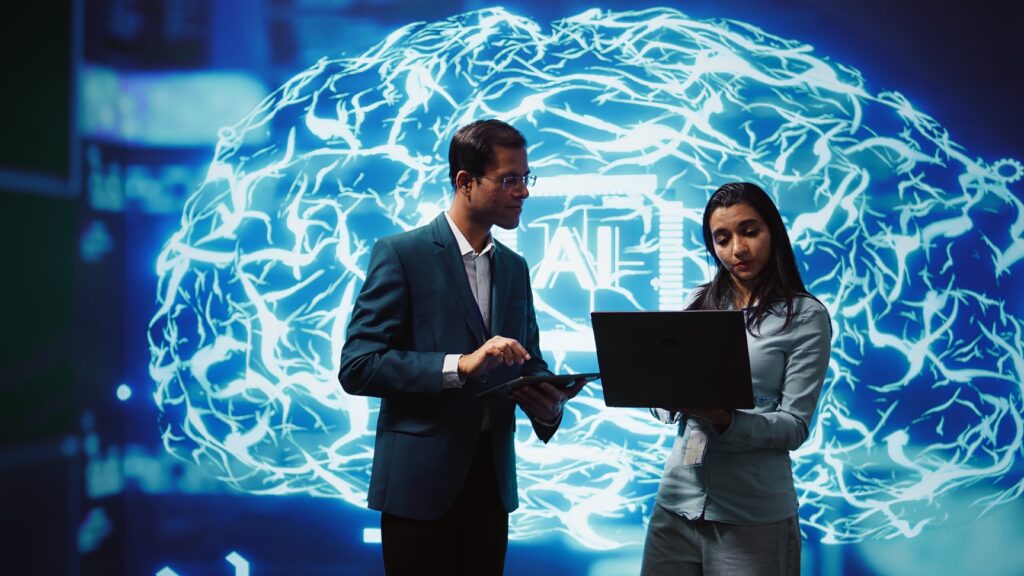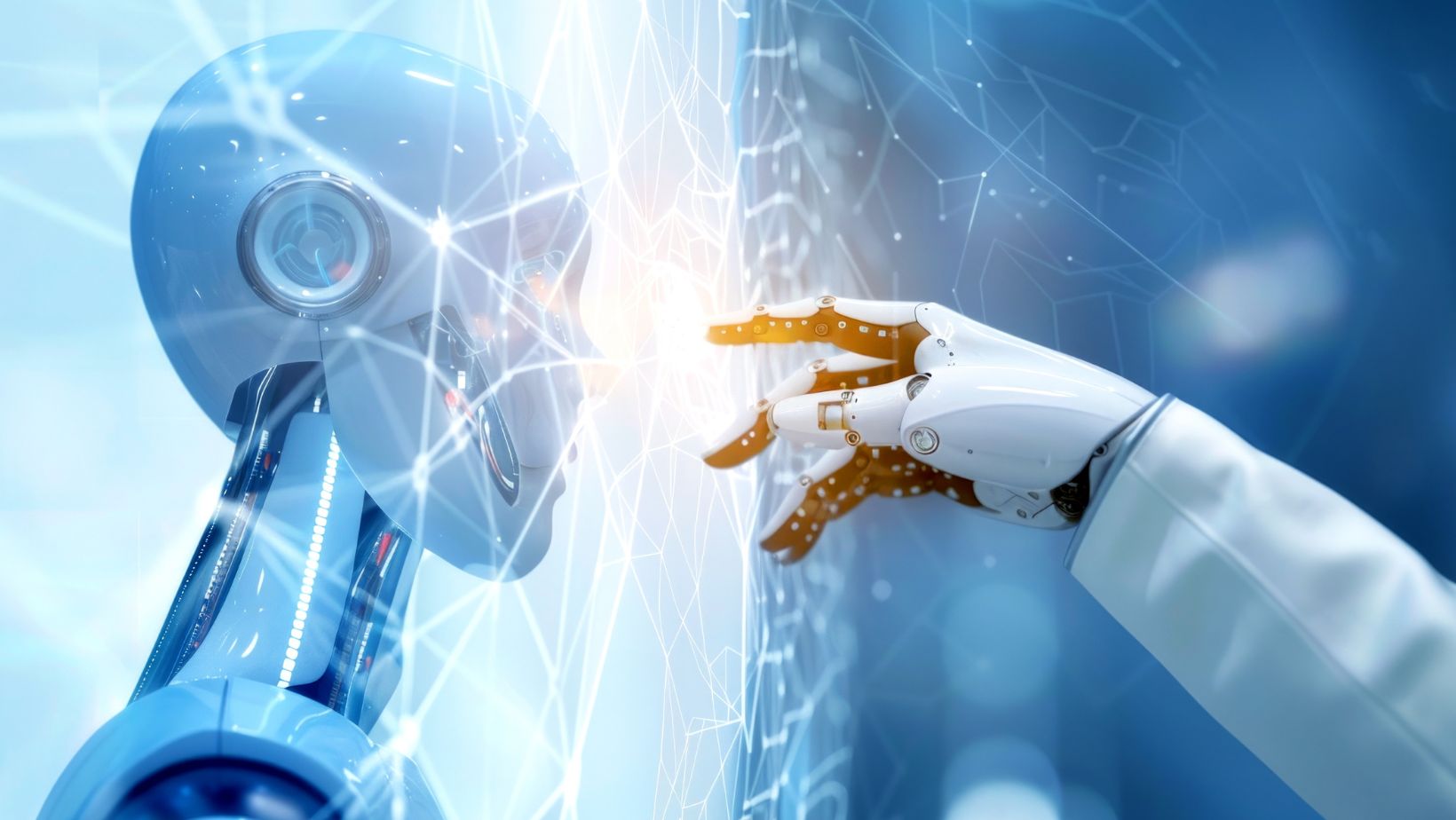The Model Context Protocol (MCP) is an open standard for connecting AI assistants to the systems where data lives, including content repositories, business tools, and development environments. As organizations increasingly deploy AI agents and LLMs across their operations, the need for standardized, secure connections to enterprise data has never been more critical. Anthropic (the team behind the Claude AI assistant) introduced the Model Context Protocol (MCP) in late 2024. MCP is a universal, open standard designed to bridge AI models with the places where your data and tools live, making it much easier to provide context to AI systems.
The challenge facing enterprises is clear: even the most sophisticated models are constrained by their isolation from data—trapped behind information silos and legacy systems. Every new data source requires its own custom implementation, making truly connected systems difficult to scale. Traditionally, each new integration between an AI assistant and a data source required a custom solution, creating a maze of one-off connectors that are hard to maintain.
For organizations evaluating MCP solutions, understanding which providers offer the most robust, scalable, and enterprise-ready platforms is essential. These challenges were highlighted in a recent K2view survey, where fragmented, hard-to-access data was identified as a significant obstacle by most respondents. Additionally, questions arise about implementation complexity—for instance, Does OpenAI support Model Context Protocol? In March 2025, OpenAI officially adopted the MCP, following a decision to integrate the standard across its products, including the ChatGPT desktop app, OpenAI’s Agents SDK, and the Responses API. Sam Altman described the adoption of MCP as a step toward standardizing AI tool connectivity.
Ultimate pick: K2view GenAI Data Fusion
K2view provides a high-performance MCP server designed for real-time delivery of multi-source enterprise data to LLMs. Using entity-based data virtualization tools, it enables granular, secure, and low-latency access to operational data across silos.
K2view stands out as the leading MCP solution for enterprises because of its unique approach to data harmonization and real-time context delivery. GenAI Data Fusion, a suite of RAG tools by K2view, acts as a single MCP server for any enterprise. Instead of building a unique integration for each LLM or AI project, every data product, whether sourced from the cloud or from legacy systems, is discoverable and served through the MCP protocol – bringing true business context and scale to your GenAI apps.
Key advantages
Entity-based virtualization: K2view is unique in its ability to work with both structured and unstructured data. MCP ensures that the K2view platform serves only the most current, relevant, and protected data to LLMs and agentic AI workflows.
Built-in security and governance: At K2view, each business entity (customer, order, loan, or device) is modeled and managed through a semantic data layer containing rich metadata about fields, sensitivity, and roles. Context is isolated per entity instance, stored and managed in a Micro-Database™, and scoped at runtime on demand.
Multi-source integration capabilities: K2view acts as a unified MCP server to your Salesforce and other enterprise systems, seamlessly connecting and virtualizing data across silos to provide fast, secure, and governed access for AI agents and LLMs.
Enterprise-Grade Commercial Solutions
Vectara MCP server
Vectara offers a commercial MCP server designed for semantic search and retrieval-augmented generation (RAG). It enables real-time, relevance-ranked context delivery to LLMs using custom and domain-specific embeddings. This solution excels in organizations that need sophisticated search capabilities across large document collections and knowledge bases.
Microsoft Copilot Studio MCP integration
In May 2025, Microsoft released native MCP support in Copilot Studio, offering one-click links to any MCP server, new tool listings, streaming transport, and full tracing and analytics. The release positioned MCP as Copilot’s default bridge to external knowledge bases, APIs, and Dataverse.
Microsoft’s approach focuses on seamless integration within the Office ecosystem, making it ideal for organizations heavily invested in Microsoft technologies. MCP ensures dependable and straightforward integration within Copilot Studio. Beyond building custom integrations, users can access a growing marketplace of certified MCP servers.
Open Source And Developer-Focused Options
Anthropic reference servers
To help developers start exploring, we’re sharing pre-built MCP servers for popular enterprise systems like Google Drive, Slack, GitHub, Git, Postgres, and Puppeteer. These official reference implementations provide a solid foundation for organizations wanting to build custom solutions or understand the protocol’s capabilities.
LangChain MCP support
LangChain includes support for building full-featured MCP servers that allow AI agents to dynamically query knowledge bases and structured data. It includes out-of-the-box integrations and adapters. This option appeals to development teams already using LangChain for AI workflows, offering familiar tools and extensive documentation.
LlamaIndex MCP framework
LlamaIndex enables users to create MCP-compatible context servers that pull from structured and unstructured data sources (e.g., docs, APIs). It supports fine-grained context retrieval pipelines. The framework excels in scenarios requiring complex data orchestration and multi-modal context retrieval.
Specialized And Emerging Solutions
Databricks Mosaic MCP
Databricks supports MCP integration through its Mosaic framework, connecting Delta Lake and ML pipelines to LLMs. It’s focused on enabling high-scale, enterprise-grade data context for AI. This solution targets data science and analytics teams working with large-scale machine learning operations.
Supabase MCP server
The Supabase MCP Server bridges edge functions and Postgres to stream contextual data to LLMs. It’s built for developers who want server-less, scalable context delivery, based on user or event data. Perfect for modern web applications requiring real-time data integration with minimal infrastructure overhead.
Pinecone vector MCP server
Built on Pinecone’s vector database, this MCP server supports fast, similarity-based context retrieval. It’s optimized for applications that require LLMs to recall semantically relevant facts or documents. This solution works well for organizations prioritizing semantic search and document similarity matching.
Implementation Considerations
When selecting an MCP solution, enterprises should consider several key factors:
Security and compliance: MCP guardrails enforce secure, compliant, and role-based context injection into LLMs, protecting sensitive data in real-time AI workflows. Solutions like K2view offer built-in governance features that many open-source alternatives lack.
Performance requirements: MCP servers streamline this process by allowing rapid access to fresh data from source systems, ensuring real-time responses and maintaining high performance. Additionally, MCP servers place emphasis on privacy and security guardrails to prevent sensitive data from leaking into AI models.
Integration complexity: The emergence of the model context protocol represents a significant step towards a more interconnected and standardized GenAI ecosystem. By providing a common language for AI applications to interact with the world, MCP holds the potential to unlock new levels of automation, intelligence, and efficiency.
Scalability needs: Awesome MCP servers securely connect GenAI apps with enterprise data sources. They enforce data policies and deliver structured data with conversational latency, enhancing LLM response accuracy and personalization while maintaining governance. The most awesome MCP servers provide flexibility, extensibility, and real-time, multi-source data integrations.
The MCP ecosystem continues evolving rapidly, with new solutions emerging regularly. However, organizations prioritizing enterprise-grade security, real-time performance, and comprehensive data integration capabilities will find solutions like K2view’s GenAI Data Fusion provide the most robust foundation for their AI initiatives. As the protocol matures, the distinction between basic connectivity and sophisticated data orchestration becomes increasingly important for enterprise success.



